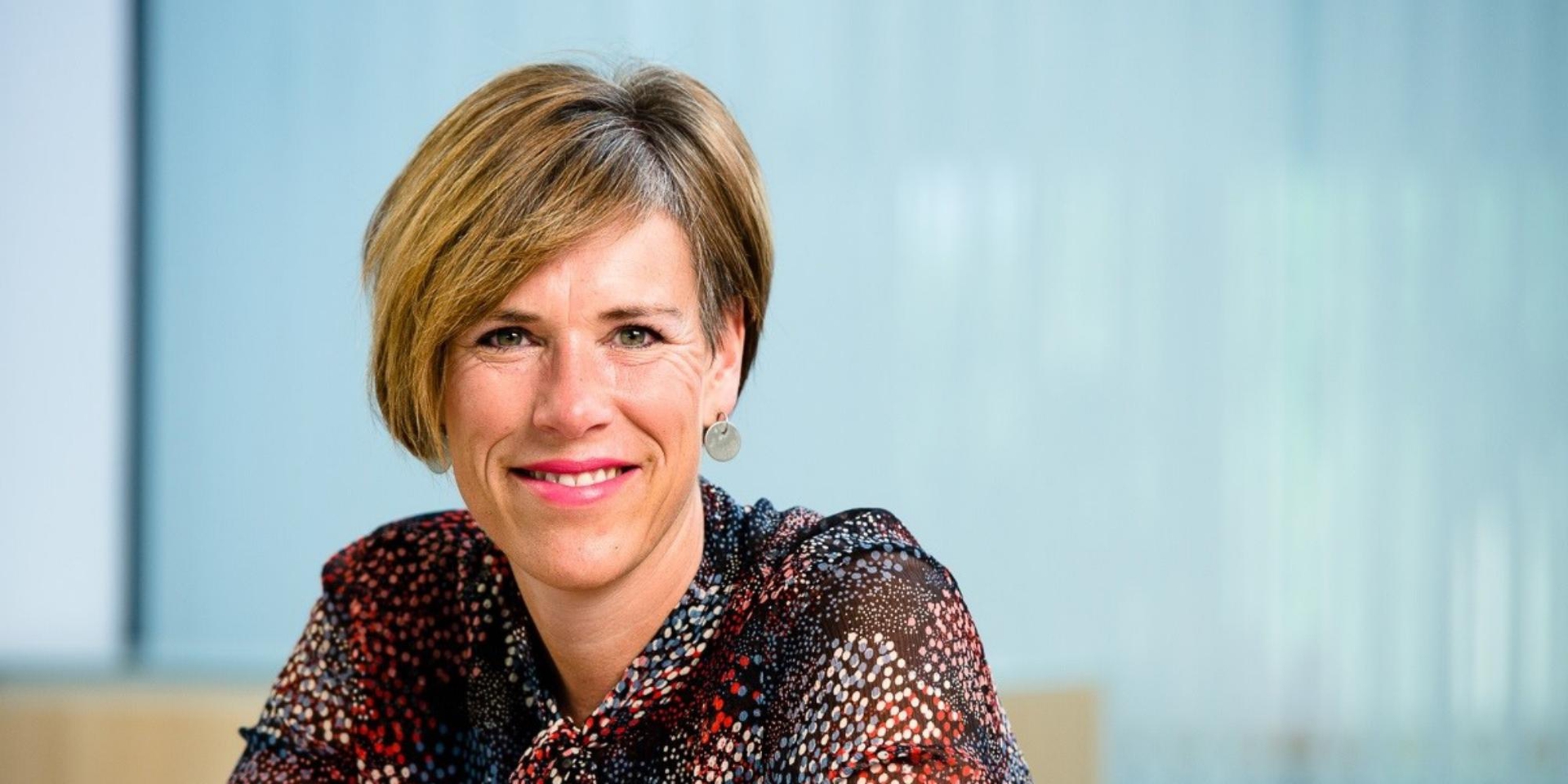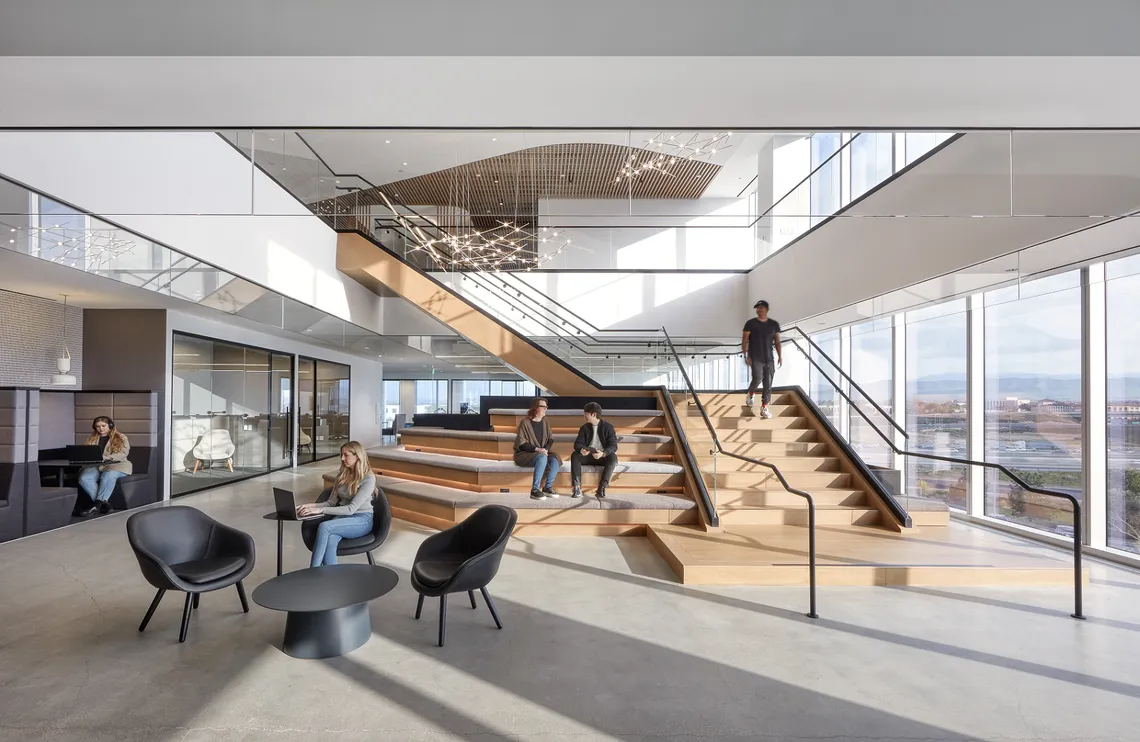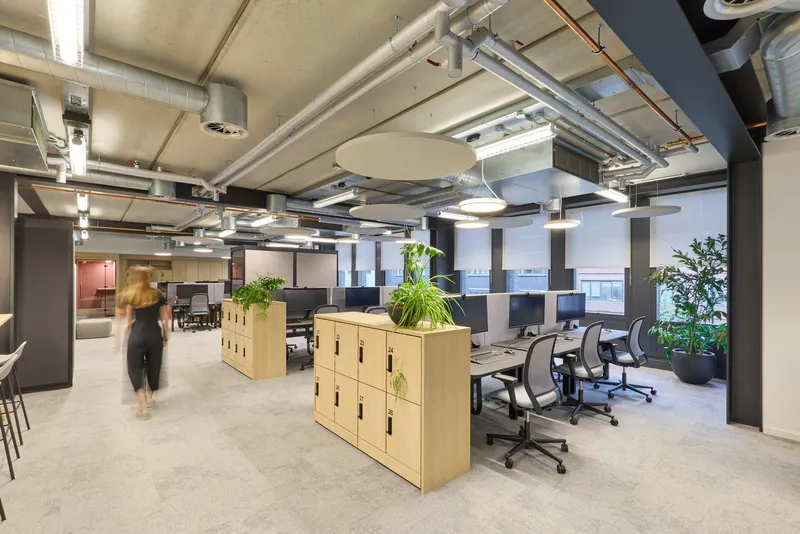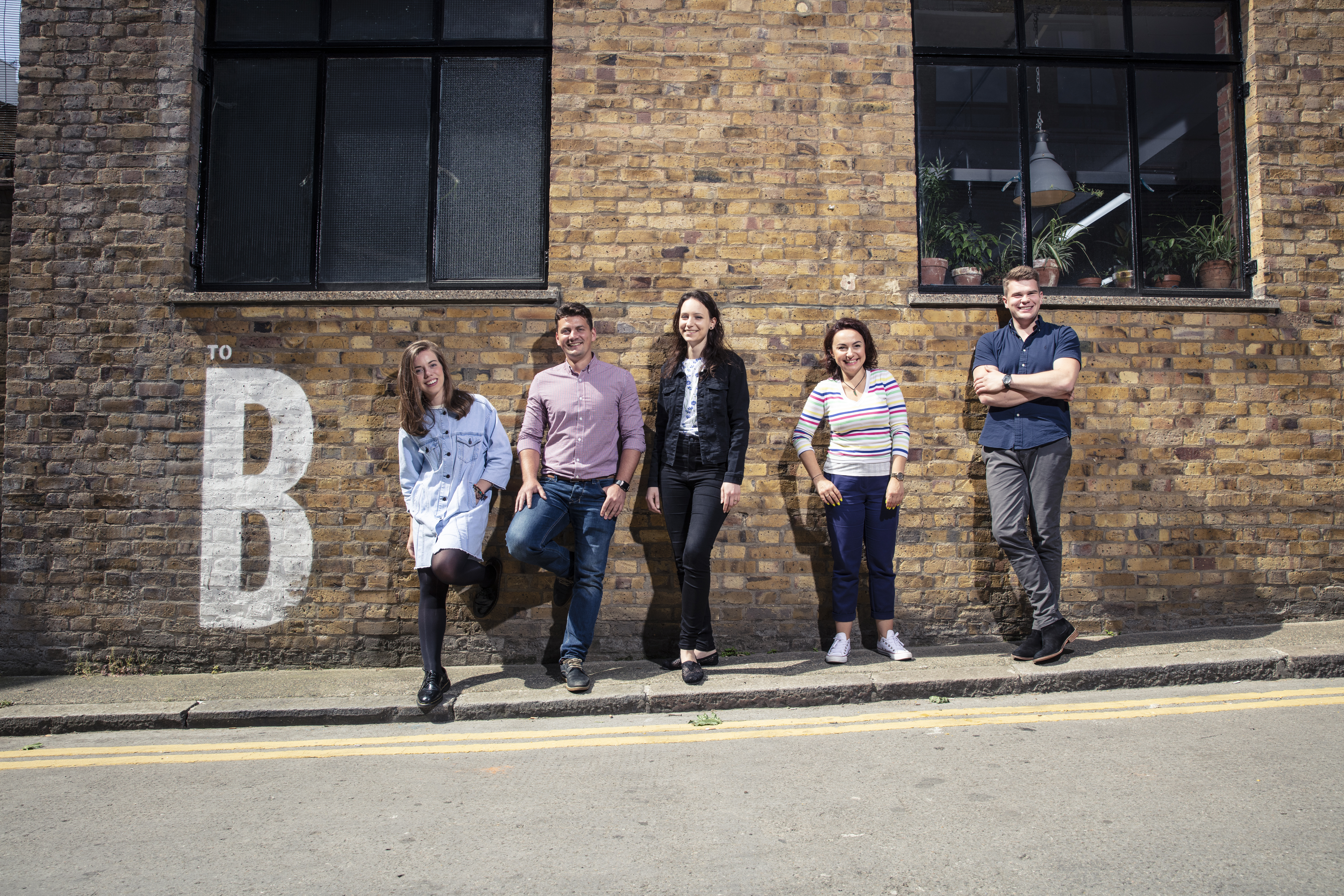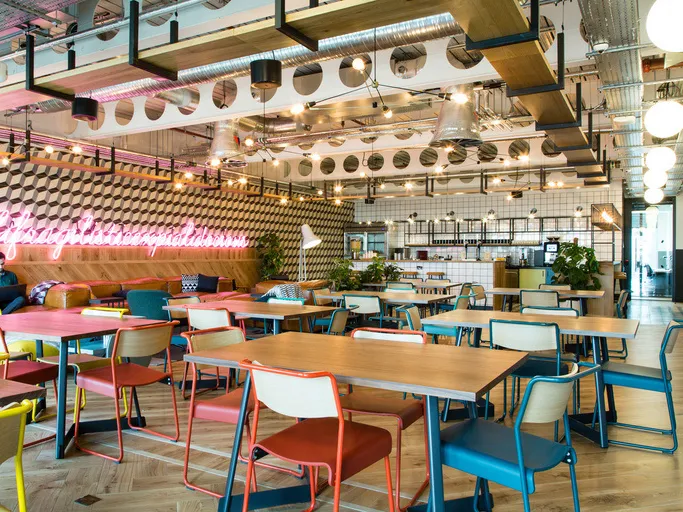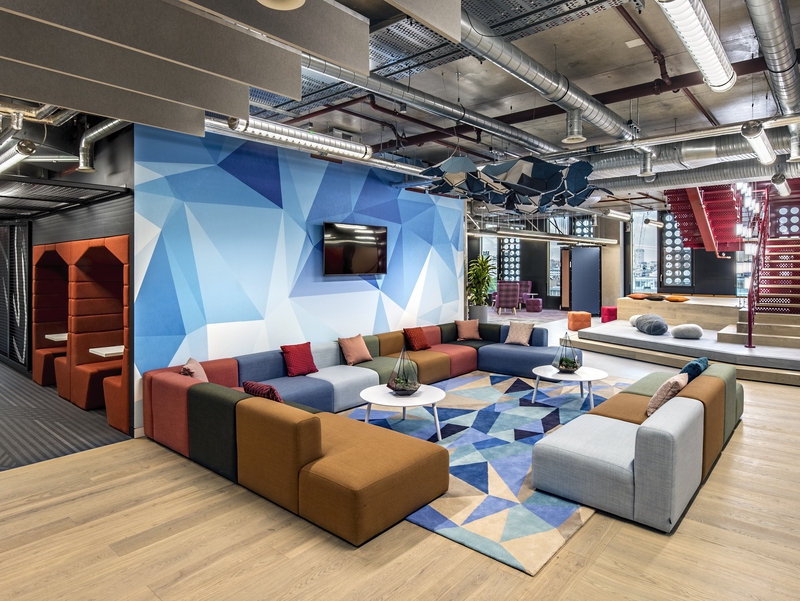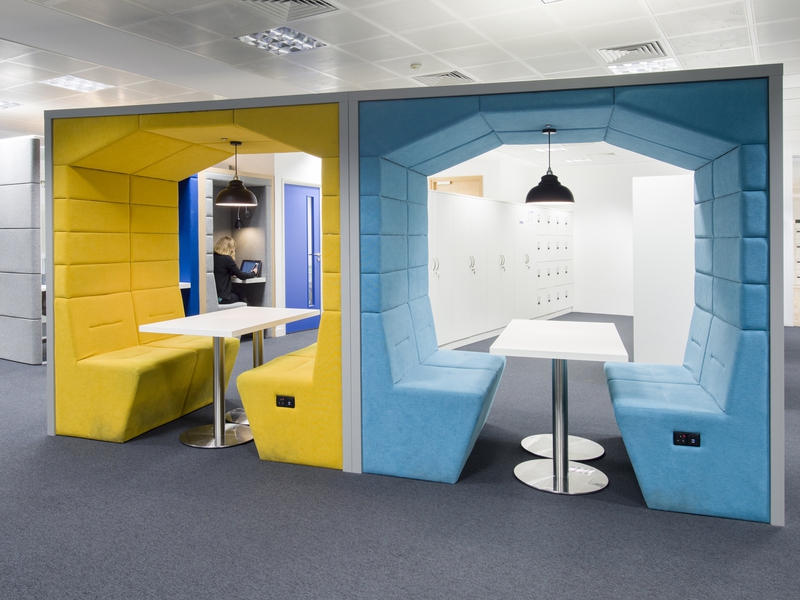23 mars 2018
Tendances du secteur
As Group Head of Organisational Effectiveness at BP, Kirsty Bashforth focused on leading BP’s investment in its organisational culture. She orchestrated and led the work to embed the values and behaviours into how it does business, from recruitment to performance management to customer relationships – ensuring the expected culture was part of decision making.
An economist by background, Kirsty undertook a number of other roles during her 24-year tenure with BP. This included working in the US, Denmark, Belgium and the UK. She ran its European petrochemicals marketing, supply and logistics business, led a process and capability improvement programme across the global b2b marketing businesses and was chief of staff in the entire downstream business . Furthermore, she worked on financial engineering and risk management roles within the trading and treasury functions. Kirsty now runs her own corporate advisory business, QuayFive, and serves as a Non-Executive Director at Kier Group plc and Serco Group plc.

Kirsty spoke with Spacestor about her thoughts on the changing nature of organisations, work and the workplace….
Q: What do you see as the key drivers for the changing nature of work? A: “When you look at the process of work, we are not just at the cusp of something new, but already well into a process of it becoming radically different, enabled by technology and globalisation” says Kirsty.

Access to and flow of information is unrecognisable from a the late 20th century. Unlike other revolutions this one is happening simultaneously on a global basis, across social and economic barriers. Data is a commodity that is becoming more valuable as more of it is produced, work is increasingly something you do not somewhere you go, processes are becoming automated, job roles are changing out of all recognition.
While of course many jobs have remained similar over time, work is increasingly:
- Cognitively complex
- Focused on teams and collaboration
- Dependent on social skills
- Dependent on technological competence
- Time pressured
- More mobile and less dependent on geography
Employees are actively making more choices, more often; gone are the days of signing up to one career with one employer for the whole of our work-life. People move sectors, move careers, move countries, change how they work, shift gear up or down or totally out, or back in again. And that’s just one individual’s pattern.

Businesses are starting to wake up to their processes lagging societal change and the “new norms” (essentially, that there are no longer any norms). It’s leading to different approaches to talent attraction, retention, change management and so on”.
Understanding the employee as the internal customer, the smarter companies are configuring from the customer backwards and simplifying. Out goes reorganisation as the first action when delivery isn’t what it should be.
In comes deeper investment in understanding the mindset, habits, networks, decision making, belonging, perception and ambitions of the workforce via employee surveys, line management equipped to develop individuals not simply manage day to day performance, consistent focus on culture as a driver of performance, a more targeted approach to incentives. Processes are becoming more principle based and less rule based, because there is no longer any “average employee” with an “average lifestyle”. Standardisation may look efficient on paper, but bespoke is the way to retain the talent you need.
I’m not saying it goes as far as holocracy (though there are some famously successful cases of such businesses) but it is certainly is a move away from traditional hierarchical management and structure, where one size fits all.

To compete today, businesses must work hard to attract and keep their talent. The employee voice must be present right up to the top of the house. Employees are more informed and more choosy than ever before. And businesses are beginning to realise that the talent required to deliver and differentiate, is now much broader than the traditional definition of skills. It’s much more social, and far more nuanced than that – and requires serious effort to retain.”
In our next blog in this series we’ll be looking at the importance of organisational culture on employee engagement and talent retention.
Partager cet article
